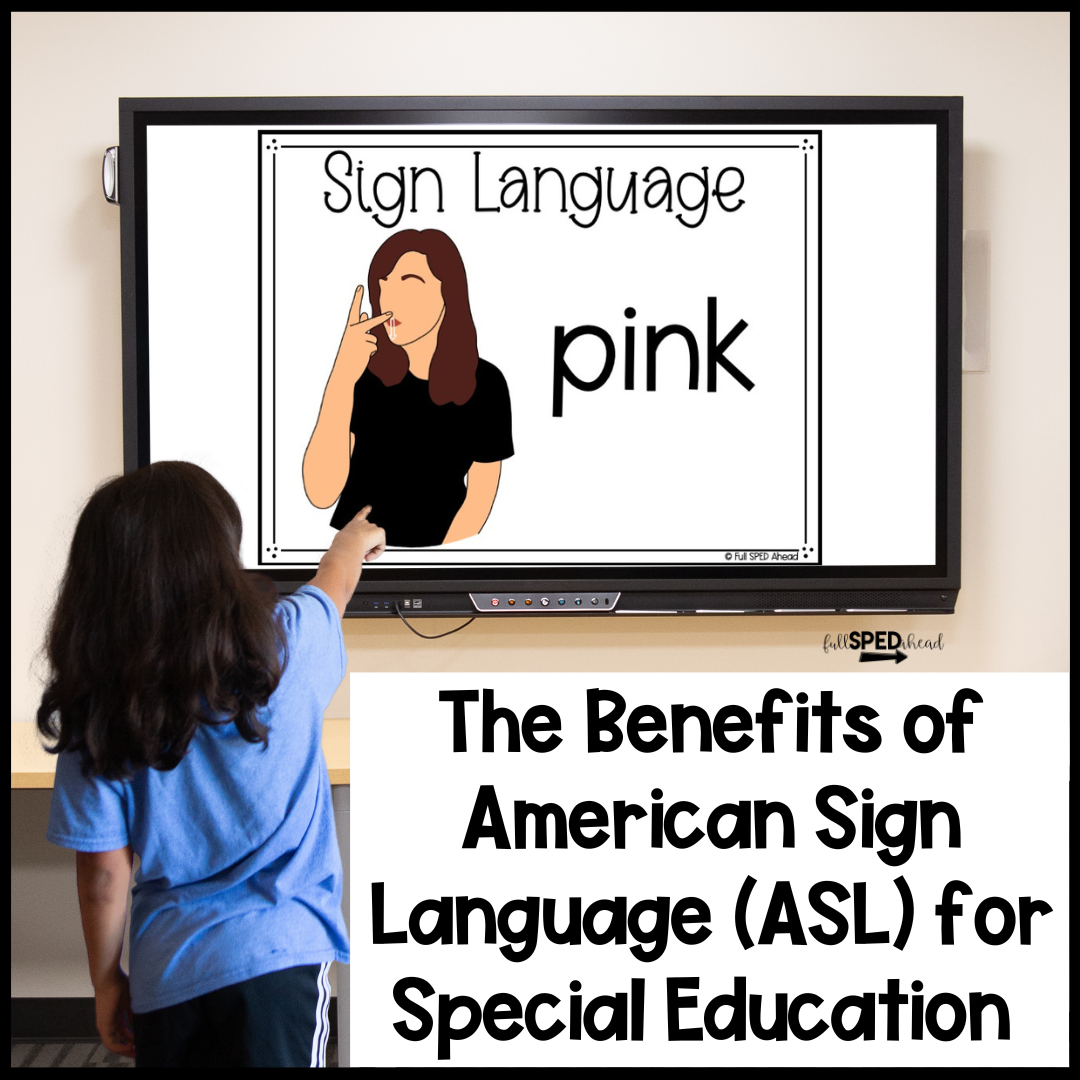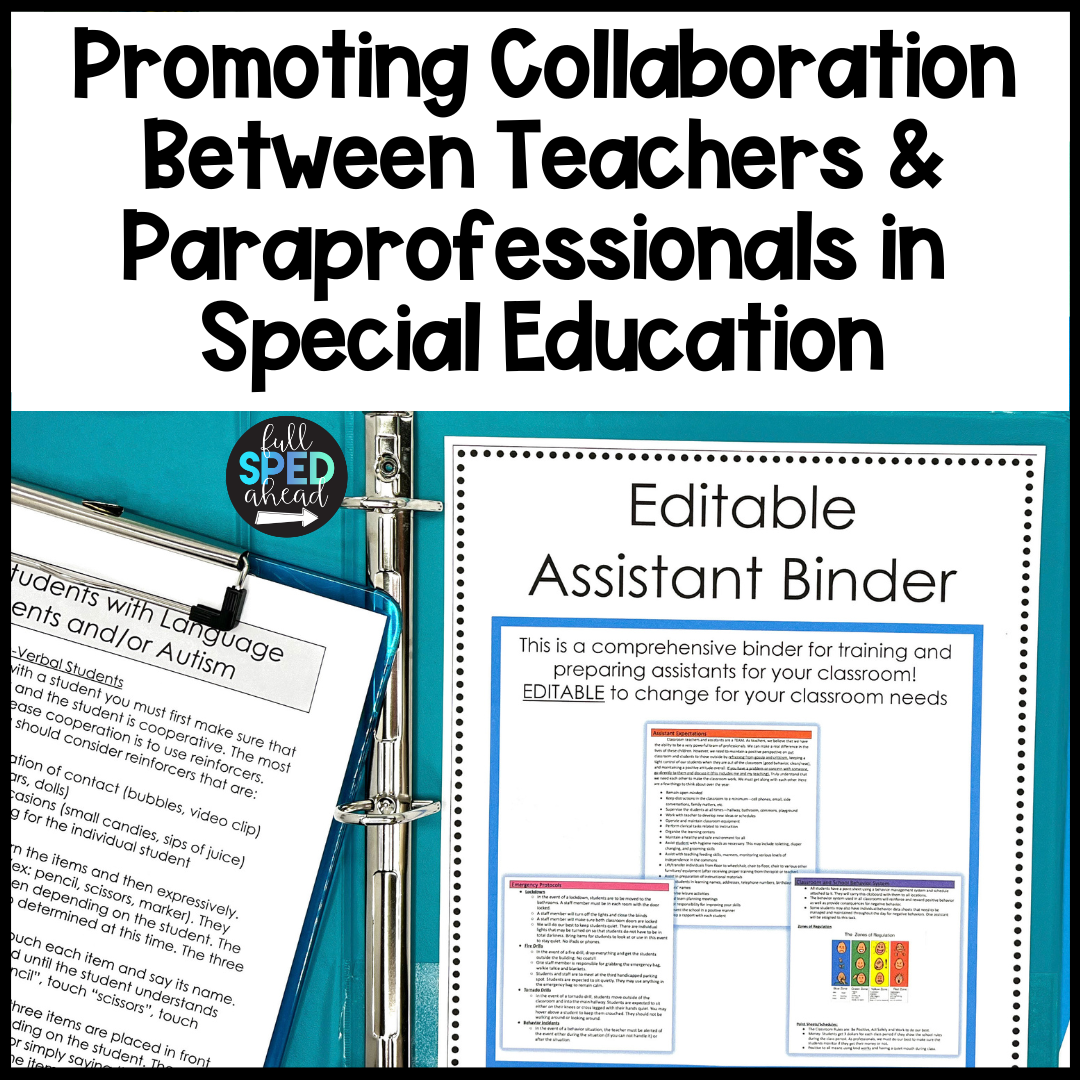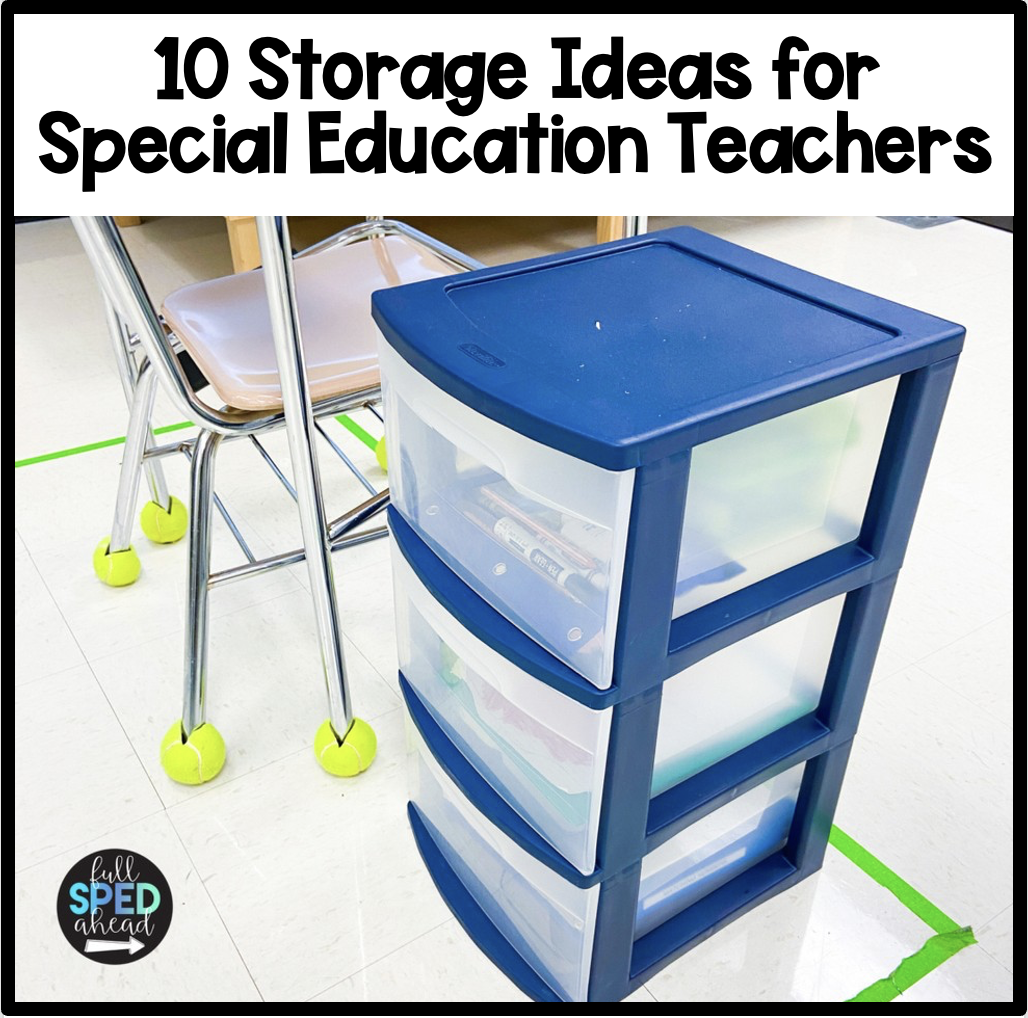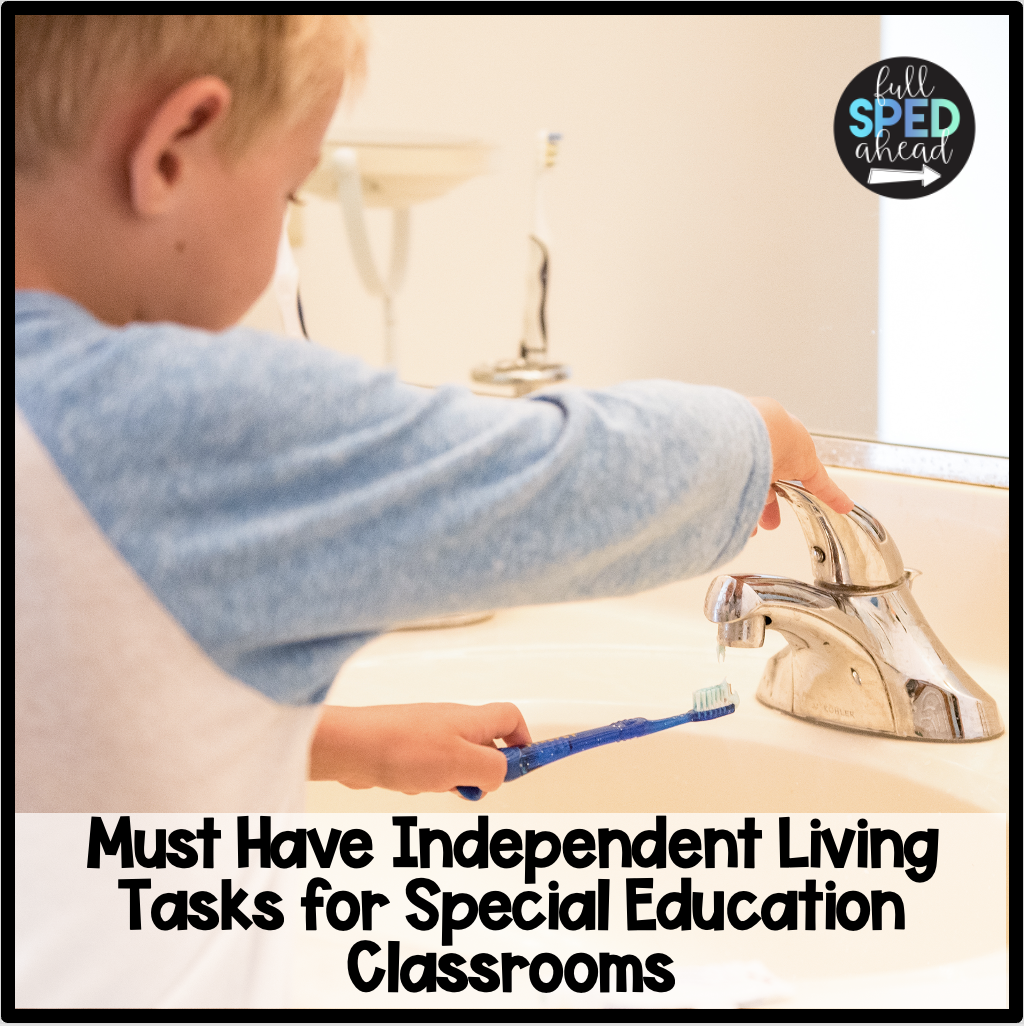
The Benefits of American Sign Language (ASL) for Special Education Learners
What is sign language called? American Sign Language (ASL) is a visual-gestural language used by the Deaf community that offers numerous benefits for special education learners. ASL not only serves as a means of communication but also enhances cognitive, linguistic, and social-emotional development. In special education classrooms, incorporating sign language can promote inclusivity, support language acquisition, and foster communication skills. In this blog post, we will explore the various benefits of using sign in special education settings and highlight the valuable resource, the American Sign Language (ASL) Google Slides Lessons, Classroom Decor & Posters Bundle, available on Teachers Pay Teachers.







